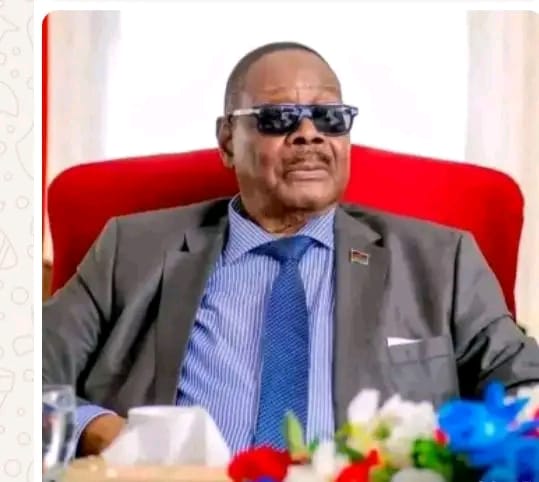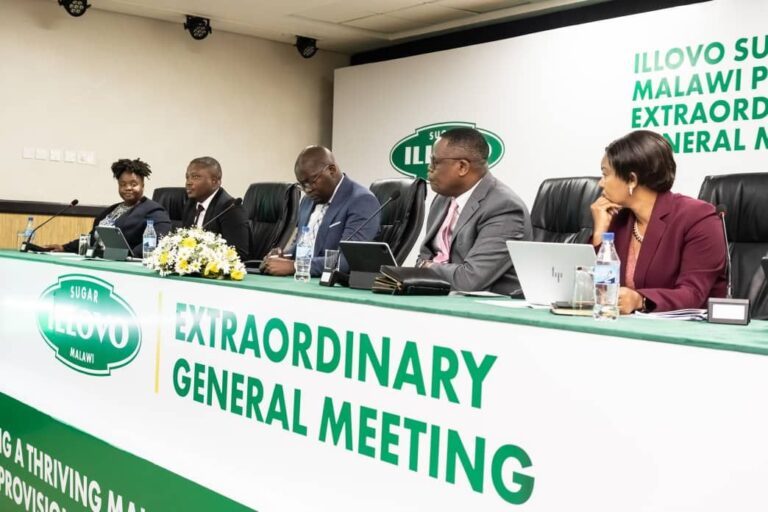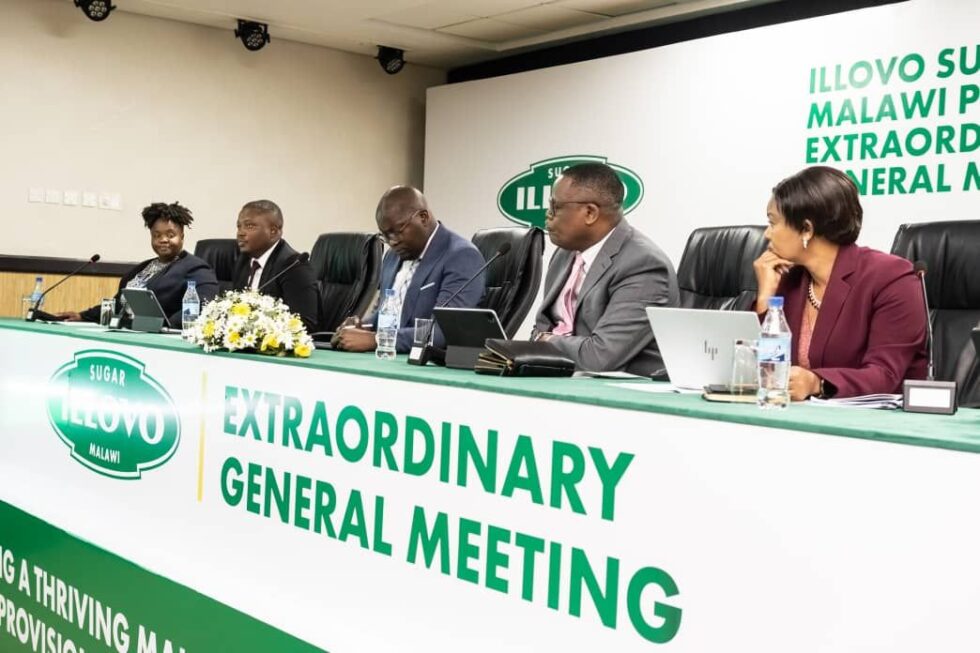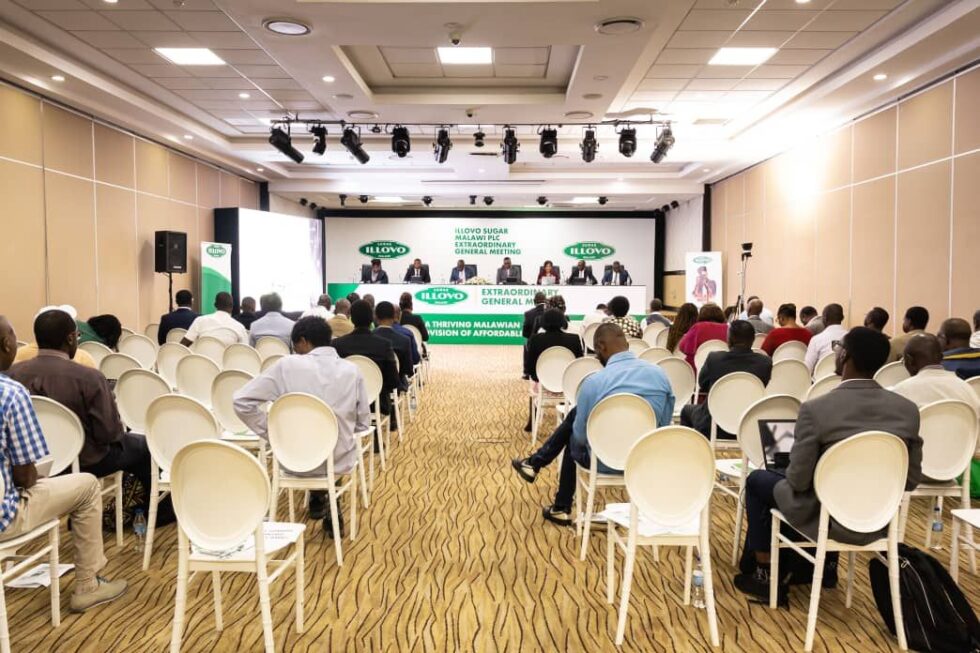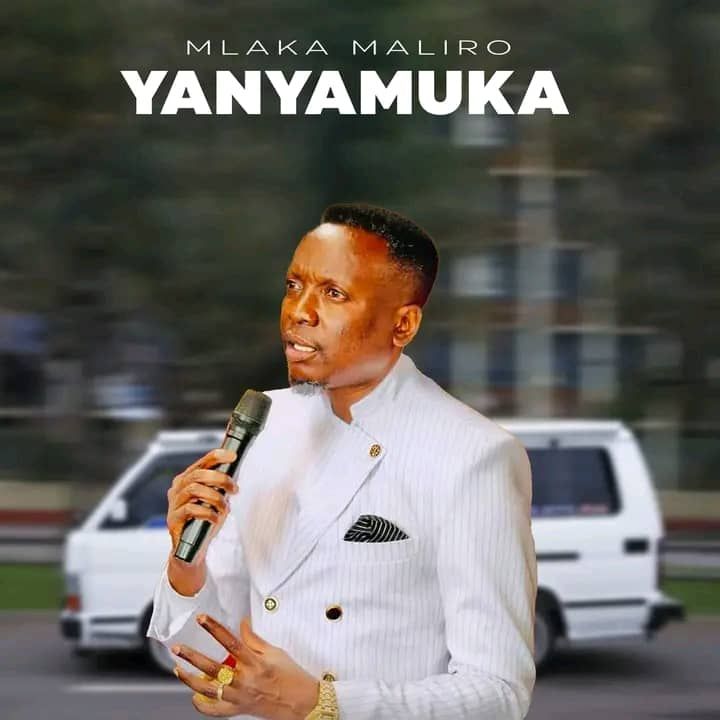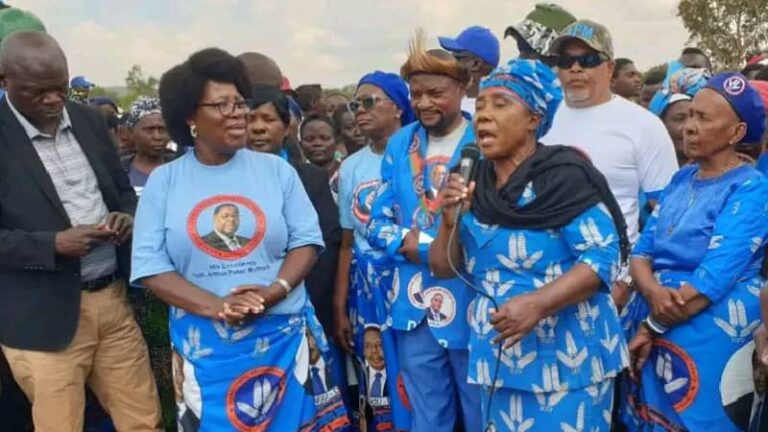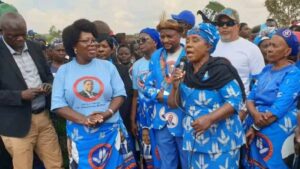By Burnett Munthali
There is a growing narrative that any presidential candidate who shuns a debate is automatically a coward and unfit to govern.
While debates are important for accountability and public engagement, they are not the sole measure of a leader’s competence, vision, or ability to transform the country.
History is filled with examples of strong leaders who never participated in debates but went on to deliver solid economic growth, good governance, and national stability.
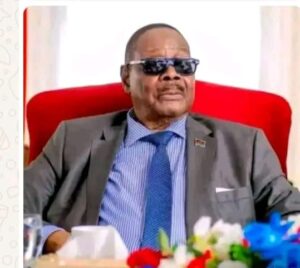
Leadership is tested not only on a debate stage, but also in decision-making under pressure, policy implementation, and the courage to act in the best interests of citizens.
A debate can expose communication skills, but it cannot fully reveal integrity, discipline, or the capacity to manage complex state affairs.
Some politicians may excel in debates by using rhetoric, humor, and dramatic one-liners to capture public attention, yet fail to deliver once entrusted with power.
Others may prefer to engage citizens directly in communities, through manifestos, and through tangible development records rather than being confined to the theatrics of a timed debate.
The suggestion that avoiding a debate equals fear of accountability oversimplifies politics and unfairly dismisses the diverse ways leaders can be evaluated.
Malawians must remember that accountability is broader than a two-hour televised debate — it includes transparency in governance, responsiveness to citizens’ needs, and measurable results in office.
Instead of chaining candidates to a single platform, citizens should demand clarity on policy positions, past performance, and concrete plans for the future.
The real question is not whether one attends a debate, but whether one has the honesty, the strategy, and the discipline to deliver lasting change for Malawi.
*Concluding Analysis*
Debates are useful, but they are not the ultimate litmus test of leadership.
What matters most is whether candidates can back up their promises with action, competence, and a proven track record of service to the people.
Malawians should be careful not to confuse stage performance with genuine leadership, because when the lights go off and the applause fades, it is results — not rhetoric — that transform a nation.


